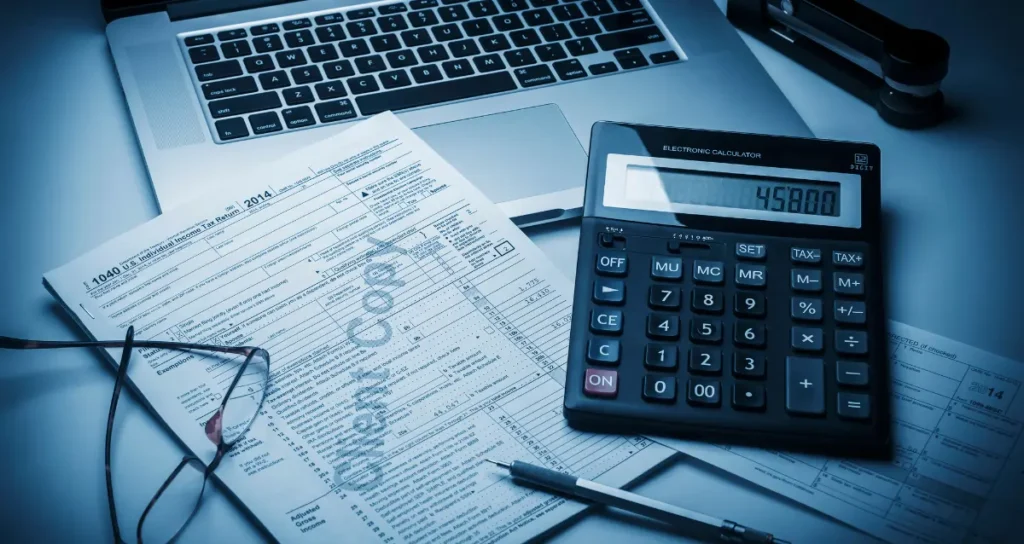Typical Tax Mistakes Made by Freelancers
Accurate tax filing and optimizing tax savings are frequent obstacles faced by freelancers and business owners. With the gig economy growing and more people working for themselves, it’s critical to understand the typical tax errors made by independent contractors. This post will go over some of the most typical tax mistakes made by independent contractors and how to prevent them.
Not Monitoring Earnings and Expenses
Not keeping track of their annual income and expenses is one of the top blunders made by freelancers. It’s critical to keep thorough records of all earnings and out-of-pocket costs because you’ll need this data to submit your taxes. Freelancers can guarantee they are not overlooking any deductions and can compute their tax due precisely by using tools such as a 1099 tax calculator.
Neglecting Self-Employment Tax Benefits
One more frequent error made by independent contractors is to fail to take advantage of allowable self-employment deductions. You can write off certain company expenses as a freelancer, including marketing, office supplies, and travel expenses.
You can reduce your taxable income and possibly save money on taxes by utilizing these deductions. To make sure you are getting the most out of your tax deductions, make sure you maintain thorough records of all business expenses and seek advice from a tax expert.

Not Paying Projected Taxes
Unlike regular employees, freelancers do not have taxes deducted from their paychecks; instead, they are responsible for paying anticipated taxes throughout the year. The IRS may levy penalties and interest if estimated taxes are not paid.
Freelancers should base their quarterly estimated tax payments on their anticipated annual revenue in order to avoid making this error. Freelancers can use online tools to assess their projected tax obligations and pay them online to stay out of trouble with the IRS.
Combining Personal and Professional Costs
One such tax error that freelancers frequently commit is combining personal and company expenses. It’s critical to maintain a clear separation between company and personal costs in order to precisely track deductions and prevent any IRS red flags. To facilitate expense tracking and ensure accurate tax deductions, freelancers ought to maintain a separate business credit card and bank account for all company-related activities.
Not Seeking Expert Assistance
A common error made by independent contractors is attempting to manage their taxes without expert assistance. Tax regulations can be complicated, particularly for those who work for themselves, and it’s simple to make mistakes that could lead to fines or lost chances to save money on taxes.
In addition to ensuring that you are utilizing all possible credits and deductions, consulting with a tax expert who specializes in working with freelancers can help you avoid making expensive mistakes on your tax return.
Conclusion
In conclusion, filing taxes and optimizing tax savings present special difficulties for independent contractors and business owners. Freelancers can make sure they are in compliance with tax laws and are utilizing all available tax benefits by avoiding common tax mistakes like not keeping track of income and expenses, ignoring self-employment deductions, neglecting to pay estimated taxes online, combining personal and business expenses, and not seeking professional assistance.
Freelancers may maintain organization and remain on top of their tax obligations all year long by using tools like a 1099 tax calculator and making online anticipated tax payments.
Also, check out How to Exchange Advanced Cash to Perfect Money







